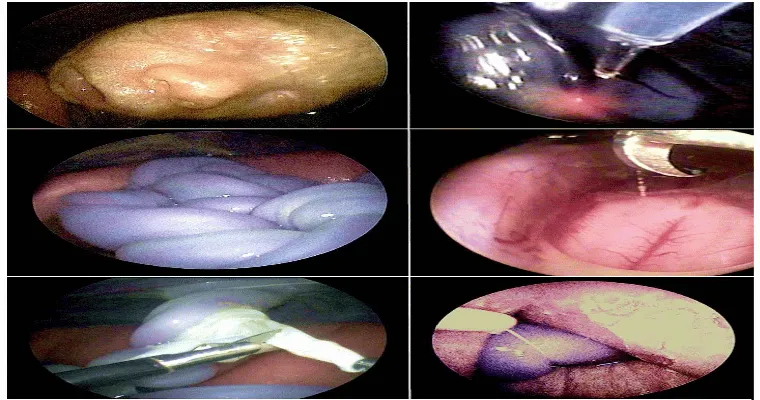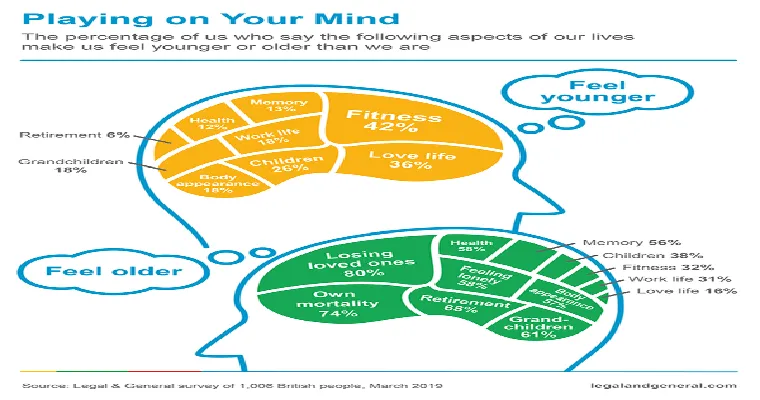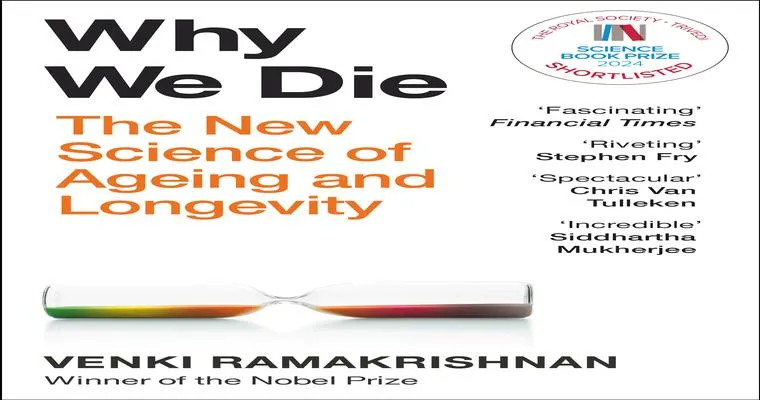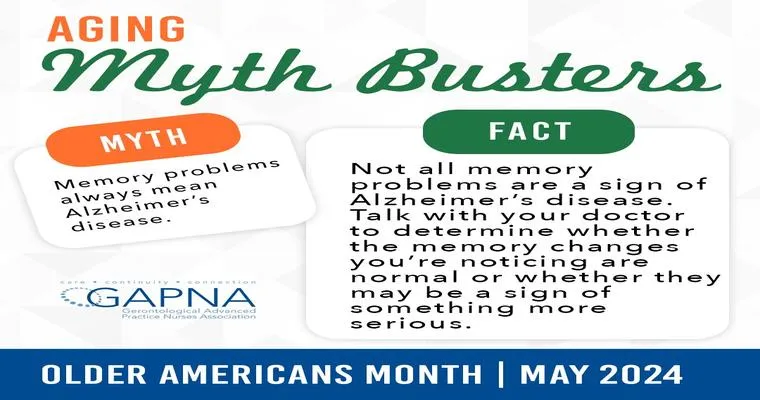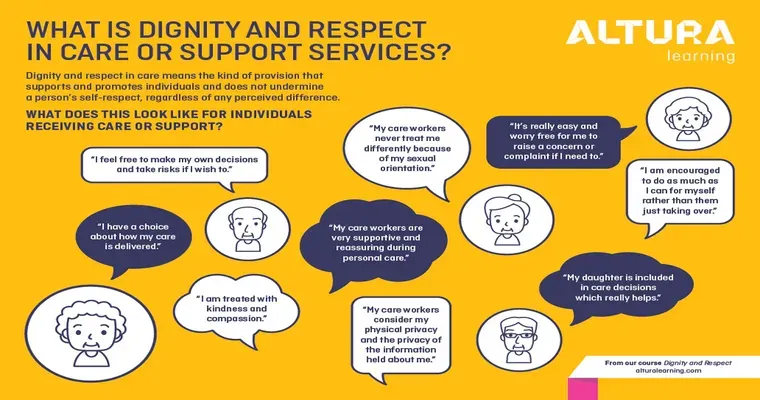When caring for an elderly parent, particularly one who is "97 years old" and "frail", dental health can often become a significant concern. The presence of "several cavities" not only poses a risk to their overall health but also raises questions about the best course of action. Many families face the dilemma of whether to proceed with dental treatments for their elderly loved ones who may not be able to withstand the stress associated with dental procedures.
As our loved ones age, their bodies often become more vulnerable, and this can complicate decisions regarding dental care. Cavities, if left untreated, can lead to pain, infection, and even more severe health issues. However, the frailty that accompanies advanced age may make traditional dental procedures particularly daunting. Here are some important considerations and experiences shared by families navigating this challenging situation.
Understanding the Risks
Elderly patients, especially those who are frail, may have multiple health issues that complicate dental treatments. Conditions such as "heart disease", "dementia", or "diabetes" can increase the risks associated with anesthesia and other dental interventions. It is essential to consult with healthcare providers, including both the dentist and the primary care physician, to understand any potential complications.
The Importance of a Comprehensive Dental Evaluation
Before any dental work is performed, a thorough evaluation is crucial. A dentist experienced in treating elderly patients can assess the severity of the cavities and the overall dental health of your loved one. They may recommend alternatives to traditional fillings, such as "silver diamine fluoride", which can help halt the progression of cavities without invasive procedures. This option may be particularly suitable for patients who are not strong enough to endure extensive dental work.
Considerations for Sedation
Many elderly patients may require sedation during dental procedures to manage anxiety and discomfort. However, sedation carries its own risks, especially for those with pre-existing health conditions. Discussing sedation options with the dentist is vital to ensure the safety and comfort of your loved one. Some dentists may offer mild sedation alternatives that can help reduce anxiety without significant risks.
Palliative Care Approach
In some cases, especially for patients with advanced age and frailty, a "palliative care" approach may be more appropriate. This means focusing on comfort rather than aggressive treatment. If the cavities are not causing pain or infection, it may be best to manage any discomfort through good oral hygiene practices and regular monitoring rather than pursuing fillings.
Seeking Support from Caregivers
Caring for a frail elderly parent can be emotionally and physically challenging. Engaging with professionals who have experience in geriatric care can provide necessary support. Many families find it helpful to connect with local caregiver support groups or consult with social workers who specialize in elderly care. These resources can offer guidance on navigating dental care and managing the emotional aspects of caregiving.
Conclusion
Dealing with dental issues in a "97-year-old" parent can feel overwhelming, especially when frailty and health complications come into play. Evaluating the risks, exploring alternative treatments, and prioritizing comfort are essential steps in this process. Remember, the goal is to ensure the well-being of your loved one while making informed decisions about their dental care. Always consult with healthcare professionals to find the best approach tailored to your mom's unique situation. Ultimately, your love and attention will make all the difference as you navigate this challenging journey together.

